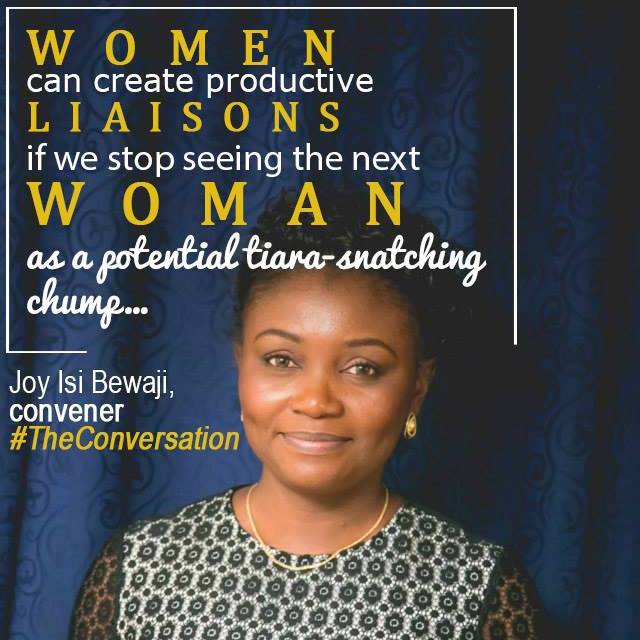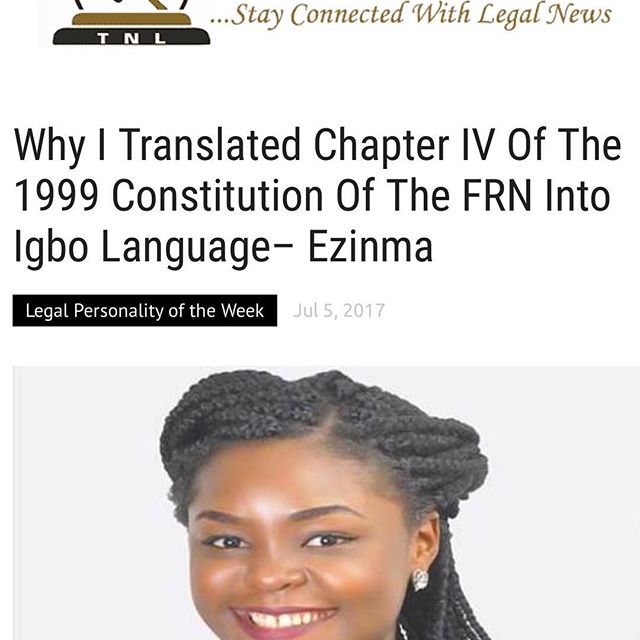SI4DEV is invested in promoting good governance as a key part of the development bundle. Lack of accountability, transparency and project management skills are leading reasons for failing civic participation in Nigerian democracy and governance. Then there is the patriarchal system in Nigeria that ensures that women and girls are marginalized and continually invisible in the country’s politics.
Our governance focus area aims to create a collaborative of young people, empowered through capacity development and knowledge-sharing, who will become active citizens and serve as catalysts for change in strengthening Nigeria’s democracy. We will promote campaigns for good governance, improved service delivery, transparency and accountability.
To join our governance network, click here.
One of our partners in this area tries to break down stereotypes as a way of bringing in more diversity and female participation in social discourse and civic improvement, and the other empowers rural populations with knowledge and skills to ensure they can engage in local governance.
Joy Bewaji convened the first edition of The Conversation in May 2015, in Lagos before taking it on the road to four different Nigerian states as well as the United States of America. The Conversation provides a forum for people to discuss the limiting effects of patriarchy and sexist stereotypes in Nigeria and aims to enlighten and empower participants about societal gender imbalances.
Through the conversation, SI4DEV partnered with Joy Bewaji to support vulnerable women and girls in Nigeria – a female entrepreneur received funding to boost her business, and we donated to the fundraising campaign to speed up the prosecution of rape cases in Lagos.
In January 2017, the Initiative also supported Joy Bewaji in organizing the first brainstorming session of The Nigerian Revolution. The group was conceived as a social movement to address social/political issues that affects ordinary Nigerians. The initial meeting mapped out strategies through which participants could work together to bring change in their local area.
This translation was a collaborative effort led by Ukairo Ezinma Ukpai, project administrator, in partnership with the University of Nigeria Students’ Bar Association, and Igbo language experts from select educational institutions in South-Eastern Nigeria. Enugu, the coal city, in Enugu State was chosen because the students of the University of Nigeria, Enugu Campus had already showed some competence and initiative in this regard.
The involvement of students was also prioritized based on the objective of inculcating in young people and leaders of tomorrow an appreciation of the local language and its role in development and in the legal sector. The project also gave students the necessary exposure and practical experience and a sense of community social responsibility. The relevant chapters of the CFRN translated were Chapters 1, 2, 3 and 4 as well as Schedules 4 and 5. These chapters lay down the basic, fundamental relationship between the state and the individuals.
- Chapter 1 establishes the supremacy of the constitution; identifies the component units of the federation and lays down the powers of the various arms of government.
- Chapter 2 lays down the Fundamental Objectives and Directives of State Policy.
- Chapter 3 provides for citizenship, the process of its acquisition, renunciation and denouncement.
- Chapter 4 provides for the Fundamental Rights and liberties of the Citizens. (The University of Nigeria Students’ Bar Association(UNSBA) had earlier translated this chapter of the CFRN into Igbo Language as part of its community service initiative.)
- Schedule 4 of the CFRN provides for Functions of a Local Government.
- Schedule 5 of the CFRN provides for Code of Conduct for Public Officers. The same process will be employed in translating into other languages.




